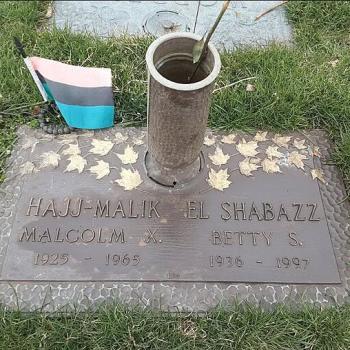Changsha sent a student of the intimate to ask Master Hui, “What about before you saw Nanquan?” Hui simply sat still for a little while. “What about after seeing him?” “Nothing special.” The student returned and told Changsha what had transpired. Changsha observed, “The enlightened person sits on the top of a hundred-foot pole; She has entered the way but is not yet genuine. She must take a step from the top of the pole, And worlds in the ten directions... Read more

















